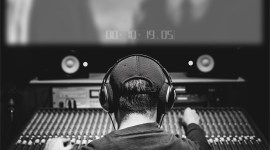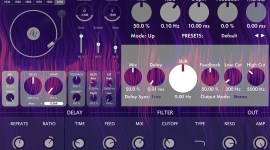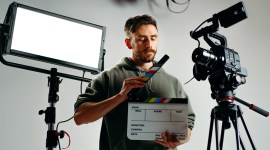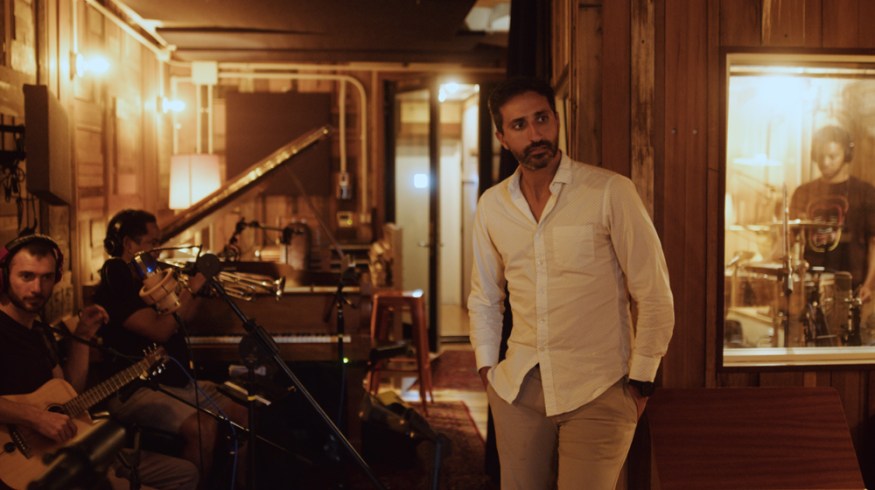
Behind the Scenes With PremiumBeat: Cuban Music with David Lizmi
Have you ever been browsing the PremiumBeat music library, listening to a selection of music to find that special track to use in your edit, and thought, “I wonder how this was made?” Or, perhaps, questioning if this particular track was recorded using real instruments or if it’s digital simulation. Is this a singular artist or a group of musicians?
Given that some artists are talented enough to take on all roles of a band, and that some VST plugins are proficient enough to sound like the real thing, it’s easy to fall down the rabbit hole of asking such questions during a late night edit.
However, given the extensive selection of music available, it’s not likely we can provide you an answer for said questions as it’ll vary from artist to artist.
However, what we can show you is an exclusive behind-the-scenes featurette with David Lizmi, a senior music producer at PremiumBeat, and how the soul of Cuban music has been created from a studio in New York City.
Art in Music
David’s expertise extends through several areas of music—as a bass player and percussionist for about twenty years, and as a worldwide touring musician with groups from New York. Equally versed at synths and vocals, he’s also played on numerous late-night shows, including SNL. Oh, and Grammy-nominated too. So, I think it’s safe to say he knows a thing or two about creating outstanding music.

David explains:
I love that I get to work on every aspect of music, whether that’s the music business side or, more importantly, technical music side. I get to learn about every facet of every genre, learn about every new genre, learn about traditional music from every single country, and get as nuanced as possible. So, I’m constantly learning and constantly growing as a musician, and give high-quality music to the world.
– David Lizmi

The Culture
In the documented session, we follow the musicians through an intense twelve-hour day in creating a series of tracks around Cuban music. The day is split into recording three different styles of music typically heard throughout Cuba.
Given that countries and cultures have a variety of music traditions and genres, we want to be able to respectfully present a selection of music that considers that aspect. If you were editing a travel video that documented traveling from one end of Cuba to the other, it might be inappropriate to just use a blanket “Cuban” track if the music used doesn’t appropriately reflect the content being shown.
In-House Music Sessions
The first part of the day is Son Cubano, commonly known as salsa music. Then Rhumba, which is primarily drums, and then finally Yoruba Batá, which would be heard at Santeria ceremonies. Essentially, a session that encapsulates various aspects of Cuba.
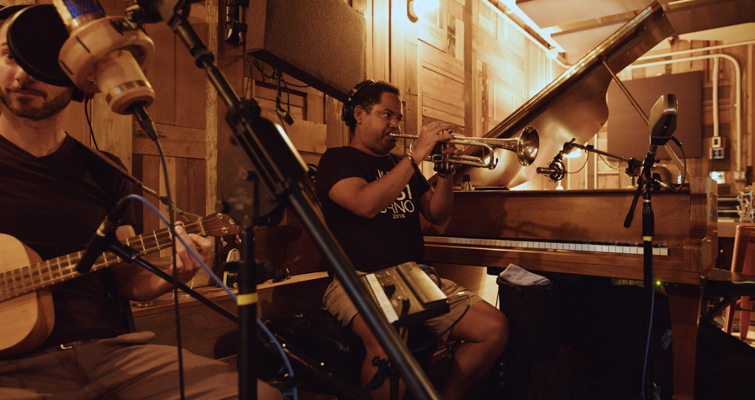
As seen in the video, it’s not just one or two musicians creating the music, but an entire ensemble of instrumentalists. And, how these musicians are sourced is a core ingredient to the recipe of making amazing sounding music.
For David, it mainly comes from the internal networks. It comes from a history of touring for years, playing at different world settings, making relationships with the artists, and then relationships with their friends. In turn, it builds an internal web of talented musicians who are familiar with one another.

For this session, Daniel Friedman, an excellent colleague who I’ve been working with a lot lately, is connected in the Cuban music scene in New York, and it’s the top masters in the world. Since we live in New York, we might as well capture that.
– David Lizmi
In sports, sometimes you can have a team of the world’s best players, but still the team loses to a lesser team, and often it’s because the stars are playing individually instead of moving as a collective group. David believes that this aspect also rings true when creating music.
I’ve known everyone on this session for a long time. I’ve worked with them many, many times. I trust them, I love them, they trust me, and I think they love me too. It helps create good energy and a great vibe. And, it makes it more enjoyable with familial vibes.
– David Lizmi
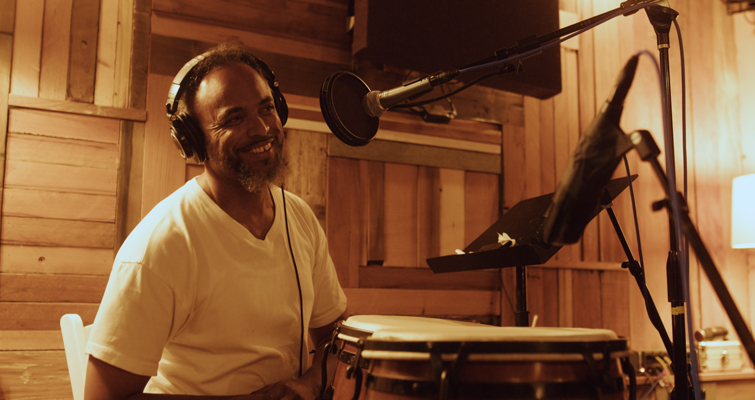
For filmmakers and editors, how often have the best days of a film shoot come towards the end of the production, when everyone has gelled and it feels like the footage you’re capturing is the best stuff you’ve shot so far. I feel like it’s a pretty reoccurring feeling. And, it’s not because the end is in sight and you can return to a sense of normality before the next gig, it’s because everyone’s no longer strangers. Everyone is relaxed with each other, which promotes innovation.
In an artistic environment, when the energy of creativity is shared and mutually reflected, it creates something unique and important because it means something to the artist. And, as David notes, “I think it reflects in the quality music we make.”
Check out a curated selection of some of David’s favorite sessions from around the globe.
Tracks used in the video:
- “Ave Maria Morena” by Soul Driver
- “Manisero” by Soul Driver
- “Guajira” by Soul Driver
For more behind-the-scenes with PremiumBeat, and related articles, take a look at these beauties:
- Explore the Emotional Beats of Bridget Barkan’s Inspirational Sound
- Killer Creative Insight from PremiumBeat Pro Vincent Tone
- Explore the Adventurous Beats of Evan MacDonald’s Cinematic Music
- Royalty Free Music and Other Tips to Protect Your Twitch Channel
- Get More for Less: Introducing Monthly Music Subscription



